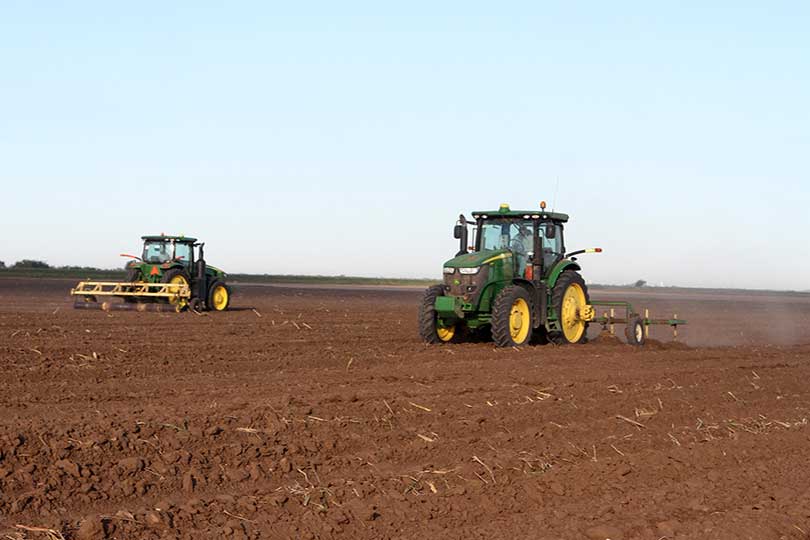The Internet and social media can serve as a source to spread information about agriculture—both good and bad. The majority of Americans without an agricultural background form their opinions about modern agriculture from what they read on social media. But it tends to be based on incorrect facts that mislead consumers and cast farmers and ranchers in a bad light.
Texas A&M AgriLife Extension Service recently announced a new initiative that will begin in 2017 to help counteract the digital misinformation that threatens the success of modern agriculture. It will provide resources to help those who grow our food to connect agriculture to consumer health, according to Southwest Farm Press.
“The healthcare and nutrition sector, like food producers, also cares about the well-being of people, but unfortunately they often don’t work together toward the common goal of a healthy world,” Dr. Susan Ballabina, executive associate director for Texas A&M AgriLife Extension in College Station, told farmers and ranchers during the South Texas Farm and Ranch Show Oct. 21.
The project is designed to help engage and educate consumers about the role agriculture plays in human well-being, according to Ballabina.
About 40 percent of food in the U.S. is wasted each year due to improper food storage, improper planning or not buying the right foods, according to Ballabina.
She said the initiative will help farmers discuss the health benefits of the food they grow. The new Extension initiative will also use the Internet and social media to help disseminate correct information and debunk many negative food myths about conventional farming.
“When it comes to misinformation in social media, we must admit that it can be presented in such a compelling way that it can be believable,” Ballabina said. “Here lies the danger. We don’t believe the things we read because we are dumb, but because someone [or some organization or cause] has presented their take on an issue that sounds reasonable and convincing. In this way, digital misinformation can indeed be a major threat to human society.”
Popular food myths include meat at the supermarket is filled with antibiotics, farmers do not use land efficiently and GMO crops are unsafe. All three of these popular statements are false, Ballabina said.
Many people also falsely believe that organic food is safer than conventional food production.
“The fact is, over 91 percent of conventionally-produced fruits and vegetables have less pesticide residue than termed safe for consumption, a very different picture than what is being painted across the Internet,” Ballabina said.
She said this initiative will help engage and educate consumers by providing them with science-based truth to counteract the misinformation they read on the Internet.

